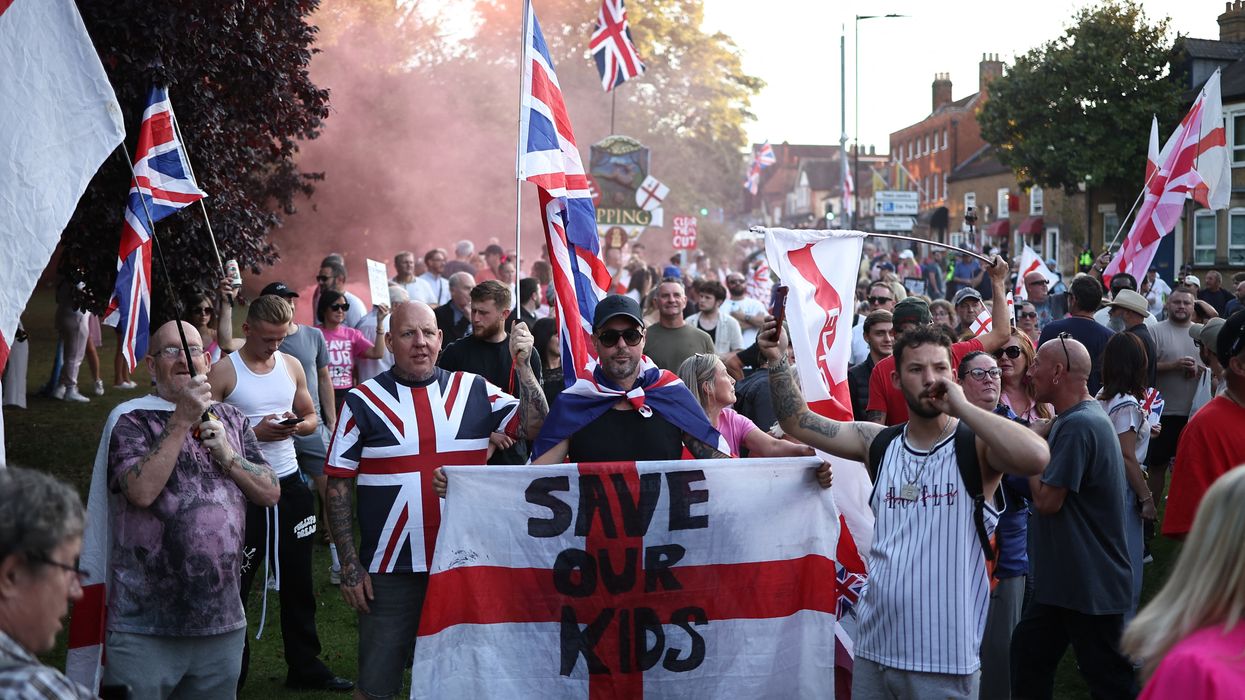THE UK’s National Society for the Prevention of Cruelty to Children (NSPCC) has stressed for a rethink of efforts to prevent sexual grooming.
The charity’s latest call for a “radical rethink” has come after The Independent found that almost 19,000 victims have been identified during a time span of 12 months.
According to NSPCC, the victims may be left troubled for life with the trauma of their abuse.
A NSPCC spokesperson said: “We are facing a nationwide crisis in the help available for thousands of children who have often suffered the most appalling abuse.”
“The insidious tactics used by groomers mean these young people often don’t recognise what’s happening to them is abuse.
“We need to see more efforts to improve our understanding of the motives and tactics of groomers to prevent abuse from happening in the first place.
“And we need a radical rethink in the way we help these young people targeted by groomers.”
In a bid to prevent abuse, the NSPCC is making joint efforts with the police forces, local NHS services, and children’s organisations to extend their hand to support the victims and prevent sexual exploitation.
The victims of grooming victims were vulnerable girls, particularly those in care or supported accommodation, or with learning difficulties.
Over 18,700 suspected victims of child sexual exploitation were identified by local authorities in England in 2018-19, according to Department for Education. However, experts opine that the number is much higher than estimated.
According to NSPCC, recorded sexual offences against children had reached an all-time high in 2018-19.
New figures obtained by NSPCC found there were 76,204 recorded sexual offences against children in the UK in 2018-19 – a rise of over 60 per cent since 2014-15
Offences included rape, grooming and sexual assault. As many as 16,773 offences were recorded against children aged 10 and under 341 of the offences against babies under the age of one.
Peter Wanless, NSPCC CEO, said: "Record numbers of child sexual offences mean we are facing a nationwide crisis in the help available for tens of thousands of children.
"These children are bravely disclosing what happened to them but in too many cases there is not enough timely, joined up and child-friendly support. Instead they are shunted from overstretched service to service.
"We need a radical rethink in the way we help these young people, otherwise they could struggle for the rest of their lives with long term, deep-seated trauma."
The Home Office has began internal investigation of data from police and other agencies, and will use it to inform policy development and prevention strategies.
A Home Office spokesperson said: “The inquiry is investigating institutional responses to child sexual exploitation by organised criminal networks, with public hearings set for the spring of 2020.”












